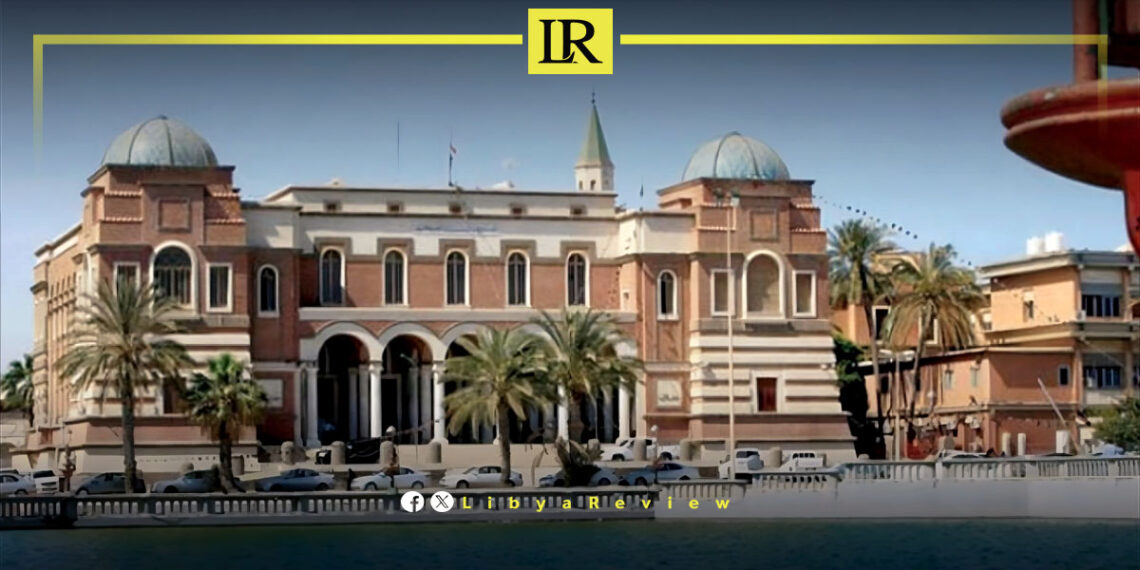The Central Bank of Libya, appointed by the Presidential Council, has debunked rumors of foreign banks halting their dealings with it, affirming close communication with all its accredited correspondent banks abroad.
In a statement released by the bank’s administration, it was noted that the mutual operations between the Central Bank and its correspondent banks are proceeding normally, adhering to the agreed-upon practices.
The bank clarified that its relationships with foreign banks and institutions are governed by formal agreements and international norms that are unaffected by individual changes.
The bank’s administration emphasized that its staff are working tirelessly and professionally to protect the banking sector from political disruptions, ensuring that all its departments are operating normally. They have started implementing their plan to resume operations after the previous administration had halted them.
The administration further announced the successful reactivation of all electronic systems within the bank, securing them after they had been disabled, and resuming salary payments for August across all sectors of the Libyan state. This comes after the previous administration’s refusal to make these disbursements. The bank has also activated the documentary credit system and prepared the personal affairs system for operation.
Libya has been in chaos since a NATO-backed uprising toppled longtime leader Muammar Gaddafi in 2011. The county has for years been split between rival administrations.
Libya’s economy, heavily reliant on oil, has suffered due to the ongoing conflict. The instability has led to fluctuations in oil production and prices, impacting the global oil market and Libya’s economy.
The conflict has led to a significant humanitarian crisis in Libya, with thousands of people killed, and many more displaced. Migrants and refugees using Libya as a transit point to Europe have also faced dire conditions.
The planned elections for December 2021 were delayed due to disagreements over election laws and the eligibility of certain candidates. This delay has raised concerns about the feasibility of a peaceful political transition.
Despite the ceasefire, security remains a significant concern with sporadic fighting and the presence of mercenaries and foreign fighters. The unification of the military and the removal of foreign forces are crucial challenges.


